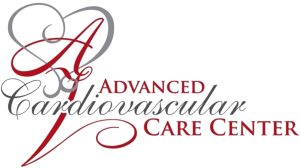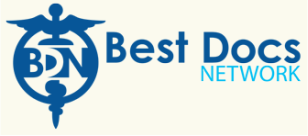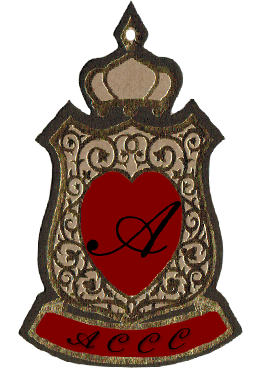Congestive Heart Failure
Congestive heart failure is a condition where the heart can’t pump enough blood to meet the needs of the body’s other organs. As a result, fluid accumulates in the heart and other organs and spreads gradually into surrounding tissues. This fluid accumulation occurs in the section of the heart that is deteriorating.
Signs and symptoms of congestive heart failure vary from person to person. Most commonly, the symptoms include:
• Fatigue or weakness—often the initial symptom
• Shortness of breath with or without activity
• Difficulty breathing while lying flat
• Rapid or irregular pulse
• Swelling of legs, feet and ankles, abdomen, liver, spleen and lungs
• A chronic dry or frothy cough that may be blood-tinged or resemble foam
• An increase in urination at night
• Heart palpitations
• Decreased urine output
• Unexplained or unintentional rapid weight gain
• Distended or swollen neck veins
• Loss of appetite or indigestion
• Cold, sweaty, dusky colored skin
• Changes in behavior such as restlessness, confusion, decreased attention span and memory.
Congestive heart failure is an underlying symptom of another cardiac disease. The condition is treatable and its effects are often reversible. The most common causes are:
• Coronary artery disease
• Cardiomyopathy
• High blood pressure
• Heart valve abnormalities
• Abnormal heart rhythm
• Congenital heart defects
• Excessive alcohol and drug abuse
• Past heart attack with scar tissue that interferes with the heart muscle’s normal work.
• Infection of the heart valves and/or heart muscle itself
Seek counsel from your doctor if you suspect you are suffering from congestive heart failure for the best treatment options for you.



